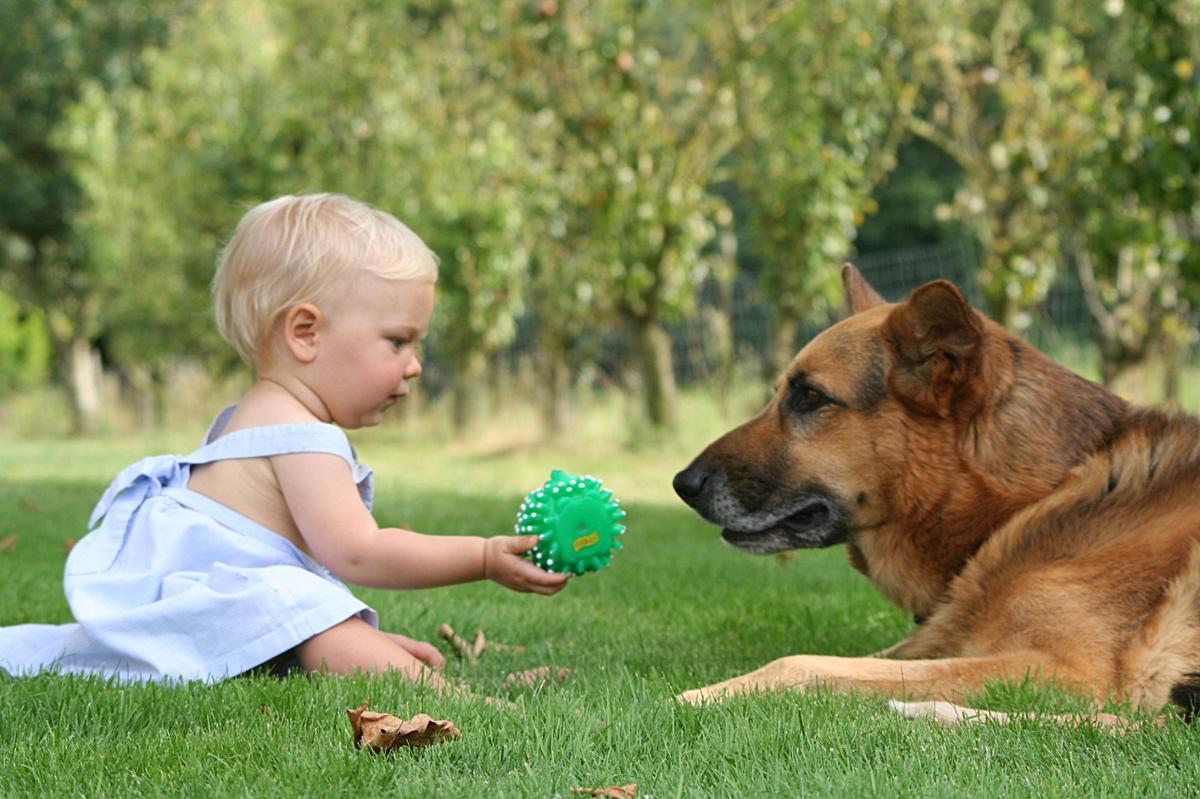Dogs are noted for their extreme friendliness towards humans. They crave human company and gaze intently at their human companions. The partnership between dogs and humans stretches back tens of thousands of years into prehistoric times. It has worked out surprisingly well for dogs, who, with human backing, have become Earth’s most abundant land carnivore.
Dogs evolved from wolves through a process of domestication by humans. Even when they are hand-raised by humans, modern wolves seldom show the degree of devotion to humans that dogs do. This has led scientists to suspect that the hypersociality of dogs towards humans is more than just a learned trait, and has to do with evolved genetic differences between dogs and wolves.
In 2022 a team of American geneticists published findings identifying genetic differences between dogs and wolves that may be responsible for the special canine attachment to humans. On chromosome number six of the dog genome, the researchers identified several genes associated with dog hypersociality.
Interestingly, these genes correspond to parts of the human genome that also are involved in social behavior. Specifically, mutations in the corresponding part of the human genome can lead to a rare condition called Williams-Beuren syndrome. People with this syndrome have hypersocial behavior like that of dogs, along with certain cognitive deficits.
Researchers have found evidence that dogs may have cognitive deficits like those of people with this syndrome. The findings might tell us about far more than just how social devotion to humans evolved in dogs. Given the genetic similarities, they may tell us much about how social behavior evolved in humans.










